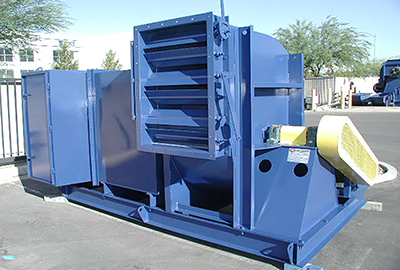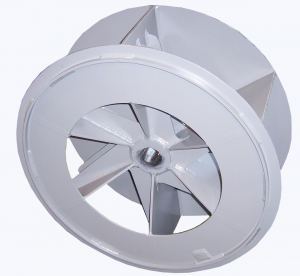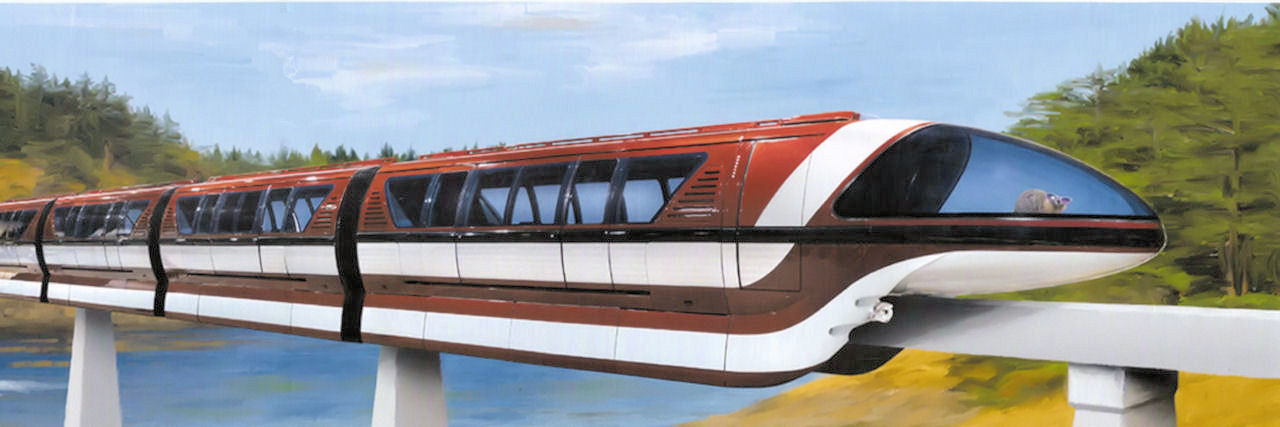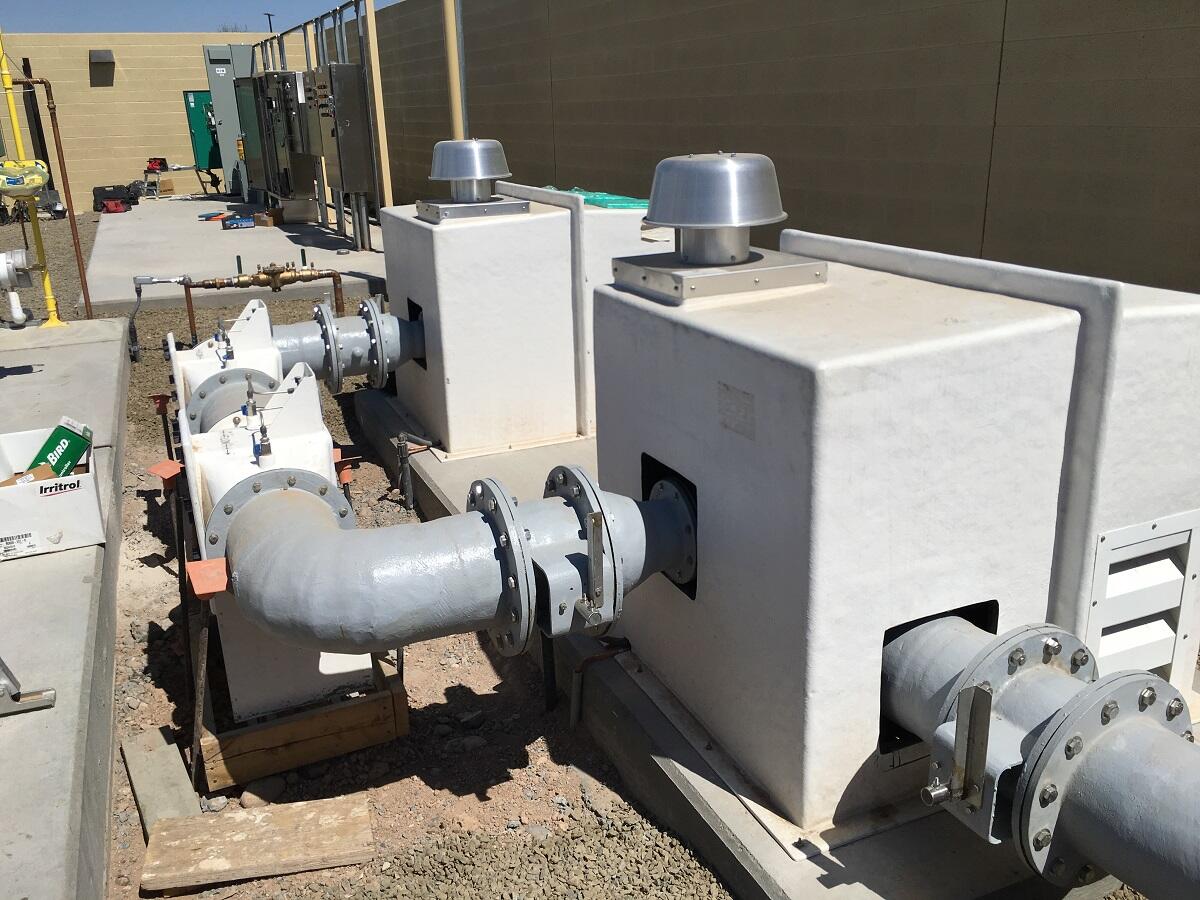|![]() FanAir News - Info- Blog Posts
FanAir News - Info- Blog Posts
Industrial Blowers and Fans

What Are Industrial Blowers ?
Industrial blowers are essential mechanical devices that help with ventilation, air circulation, and conveying materials. They come in different types and sizes, but generally, industrial blowers work by using an impeller or a set of blades that rotate at high speeds, creating a flow of air through an inlet that is directed into a duct or an open space.
One of the most common types of industrial blowers is the centrifugal blower or fan, which uses radial or backward-curved blades mounted on a hub that is connected to a motor with a belt-drive or direct-drive system. When the motor rotates the impeller, it creates a centrifugal force that pushes the air outward towards the tips of the blades, increasing the air pressure and velocity. The air is then directed into a duct or a plenum, where it is forced to move in a specific direction or through a network of pipes or hoses.
Centrifugal fans are known for their high efficiency and air-flow rates, which can range from several cubic feet per minute CFM to thousands of CFM, depending on the size and speed of the fan. Axial fans, on the other hand, have a different blade design that resembles a propeller or a paddle. The blades are positioned parallel to the axis of the fan and rotate around a central hub, creating a flow of air that moves in a straight line or with a slight curve. Axial fans are suitable for applications that require a high volume of air with low pressure, such as ventilation systems in buildings, warehouses, or factories. Industrial blowers can also be designed for specific purposes, such as pneumatic conveying of materials, fume extraction from combustion processes, or pollution control in industrial plants. In such cases, the blowers may have corrosion-resistant materials, explosion-proof enclosures, or high-pressure capabilities that can handle harsh environments and hazardous gases.
To control the speed and operation of industrial blowers, variable-speed drives or selectors can be used to adjust the fan speed or direction of rotation. This allows for precise control of the air flow and static-pressure, which are critical factors in many industrial processes.
In summary, industrial blowers are versatile and essential devices that play a crucial role in maintaining air quality, controlling temperature, and conveying materials in various industries. By using a combination of airflow principles, mechanical engineering, and advanced materials, fans and blowers manufacturers can create customized solutions that meet the most demanding specifications of industrial applications.

Design considerations for Backward Inclined Impellers.
The impeller should have a large diameter and a small number of blades. This will help to reduce the tip speed of the blades and improve efficiency.
The blades should be backward inclined, meaning that they should slope backwards from the hub to the tip. This will help to reduce the amount of turbulence in the airflow and improve efficiency.
The impeller should be balanced to prevent vibration and noise.
The impeller should be made of a material that is durable and corrosion resistant.
Here is a diagram of a backward inclined blower impeller:
[Image of a backward inclined blower impeller]
The impeller is made up of a hub, blades, and a shroud. The hub is the central part of the impeller and is connected to the motor shaft. The blades are attached to the hub and are what create the airflow. The shroud is a ring that surrounds the blades and helps to direct the airflow.
The following are some of the benefits of using a backward inclined blower impeller:
High efficiency: Backward inclined blower impellers are very efficient at moving air.
Low noise: Backward inclined blower impellers are relatively quiet, making them a good choice for applications where noise is a concern.
Durable: Backward inclined blower impellers are made from durable materials that can withstand harsh conditions.
Corrosion resistant: Backward inclined blower impellers are made from materials that are resistant to corrosion, making them a good choice for applications where they will be exposed to moisture or chemicals.



